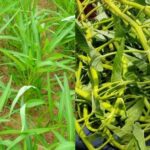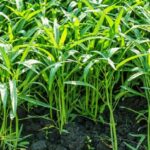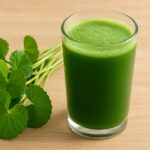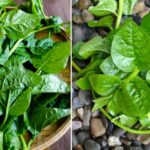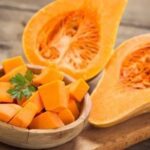Celery
There are two types of celery: celery grown in fields and water celery grown in ponds or shallow water. Water celery tends to harbor more parasites than its field-grown counterpart. It is important to thoroughly wash, soak in salted water, and properly cook celery before consumption to ensure safety.
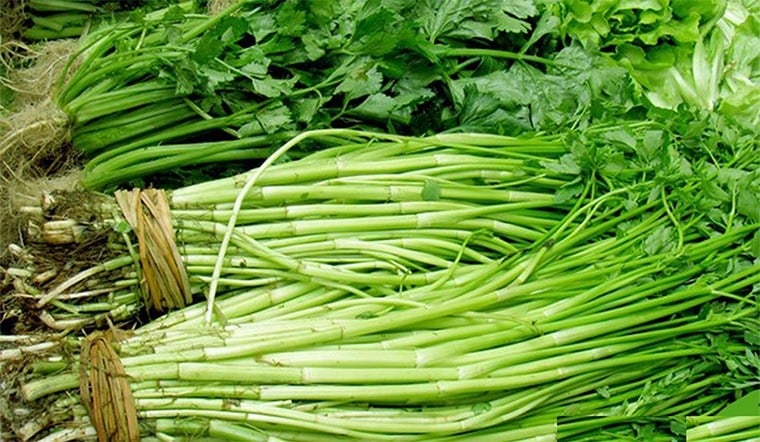
Water Spinach
Water spinach often tastes better than its land-grown counterpart. This leafy green is packed with vitamins A, B, and C, calcium, phosphorus, and especially iron, making it an excellent choice for those with iron deficiencies. However, water spinach grown in polluted environments may be contaminated with parasites, posing health risks. Be sure to thoroughly wash and soak this vegetable in salted water for about 30 minutes before cooking.
Watercress
Watercress is highly nutritious and has been given a perfect score of 100 by scientists from the US Centers for Disease Control and Prevention (CDC). Nonetheless, when grown in polluted water, watercress can become a host to parasites. It is crucial to thoroughly clean watercress before consumption. If eaten raw, only consume watercress that has been grown on land. Additionally, individuals with hyperthyroidism should avoid watercress due to its high iodine content.
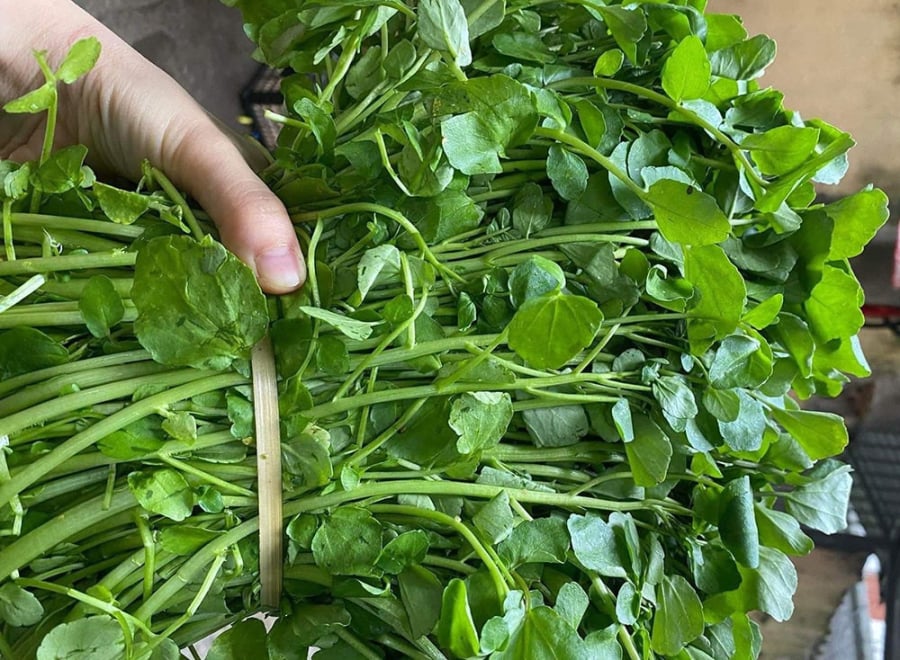
Signs of Intestinal Fluke Infection
When consumed raw or undercooked, aquatic vegetables can introduce intestinal fluke larvae into the human body. These larvae attach themselves to the small intestine, where they mature into adult flukes. This process typically takes around 90 days. Initial symptoms of intestinal fluke infection may include mild fatigue and anemia, but as the infection progresses, abdominal pain and diarrhea may develop. Stool is usually loose, without blood but containing mucus and undigested food.
Additionally, those infected may experience frequent abdominal pain in the lower abdomen, along with diarrhea. Left untreated, the infection can lead to severe complications, including edema and fluid accumulation in vital organs, posing a threat to life.
Prevention of Intestinal Fluke Infection
Treating intestinal fluke infections is relatively straightforward if detected and treated early. To prevent infection, refrain from consuming raw or undercooked aquatic vegetables. Furthermore, avoid using fresh manure as fertilizer for crops, especially those grown in water.
4 Natural Detoxifying Vegetables for a Healthy Liver: A Family Affair
The liver is the body’s “detoxification factory”, but it is vulnerable to the onslaught of dietary habits, stress, and environmental pollution. Fortunately, there are common, easily accessible vegetables that can be incorporated into your daily meals to give your liver a helping hand. These vegetables provide a natural boost to the liver’s detoxification process, ensuring a healthier you without the need for medication.
























